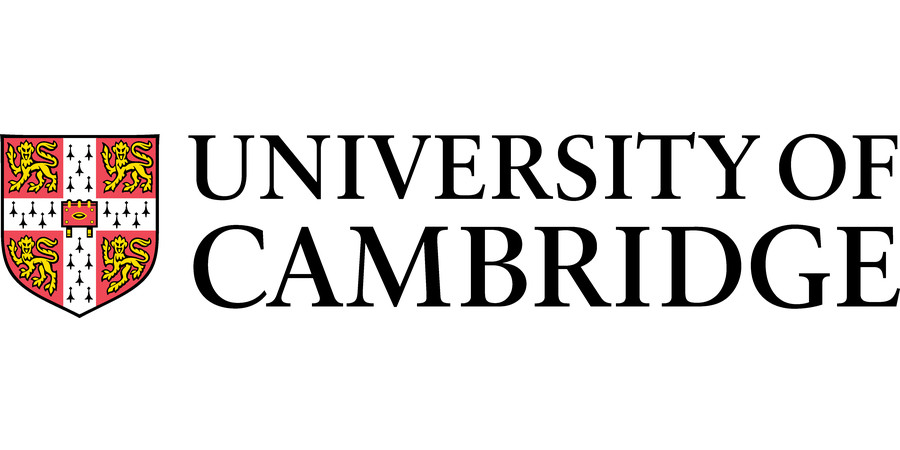Research Associate (Fixed Term)
University of Cambridge - Department of Physiology, Development and Neuroscience
| Location: | Cambridge |
|---|---|
| Salary: | £36,024 to £44,263 per annum |
| Hours: | Full Time |
| Contract Type: | Fixed-Term/Contract |
| Placed On: | 29th October 2024 |
|---|---|
| Closes: | 29th November 2024 |
| Job Ref: | PM43836 |
We are inviting applications for a Postdoctoral Scientist (Research Associate) to join the Röper lab at the Department of Physiology, Development and Neuroscience at the University of Cambridge. We investigate the mechanisms and mechanics of organ formation during development, by studying two complementary model systems of tube morphogenesis, the formation of the salivary glands in the Drosophila embryo and the formation of the nephron tube in human renal organoids in culture. We are looking for a skilled and enthusiastic individual with expertise in cellular and developmental biology and a keen interest in understanding how complex tissues emerge during development.
You will lead a project investigating the role of actomyosin assemblies and cytoskeletal crosstalk during the tube formation of the salivary glands in the *Drosophila* embryo. This is a simple model process of tube formation, a process used repeatedly during organ development in all animals. We want to understand the assembly, specific components and dynamic behaviour of supracellular actomyosin cables, as these structures play important roles during morphogenesis across evolution. Furthermore, actomyosin networks that are key to drive tissue bending during tube formation rely on the microtubule cytoskeleton for their function, and we want to understand this requirement and crosstalk. You will lead this work, using a combination of advanced imaging, quantitative and genetics approaches, as part of a team of researchers that tackle related questions across our two models.
Candidates should have a PhD in a Cell Biology, Developmental Biology or Biochemistry-related subject. You should ideally have experience of Drosophila husbandry and genetics, or experience in another model organism, as well as experience in immunofluorescence labelling and confocal analysis. Skills in coding using Python or Matlab environments would be useful.
The Department of Physiology, Development and Neuroscience is a large interactive department with a vibrant research community including labs using a variety of model organism and organoid models. Scientists are drawn to the Department from all over the world, creating a lively and international community for the exchange of ideas and approaches.
Informal enquiries about the position can be made to Prof. Katja Röper (kr250@cam.ac.uk).
Further information about the Röper lab can be found at:
https://www2.mrc-lmb.cam.ac.uk/groups/kroeper/.
Fixed Term: the funds for this post are available for 3 years in the first instance.
To apply online for this vacancy and to view further information about the role, please click the 'Apply' button, above.
To apply for this post, please submit a CV and a motivation letter detailing why you want to lead this project and how this post will be a good stepping-stone for your career. We also need the contact details for two people who can provide a professional reference.
The closing date for applications is midnight on 29 November 2024.
Please quote reference PM43836 on your application and in any correspondence about this vacancy.
The University actively supports equality, diversity and inclusion and encourages applications from all sections of society.
Advert information
Type / Role:
Subject Area(s):
Location(s):









